The Sportsmen’s Alliance is a US organisation that protects the outdoor heritage of hunting, fishing, trapping and shooting in all 50 states. Between fighting in the courts, political lobbying, and countering campaigns by animal activists, they are kept busy. We talked to Vice President Marketing and Communications Brian Lynn about trappers, hipsters and sound bytes.
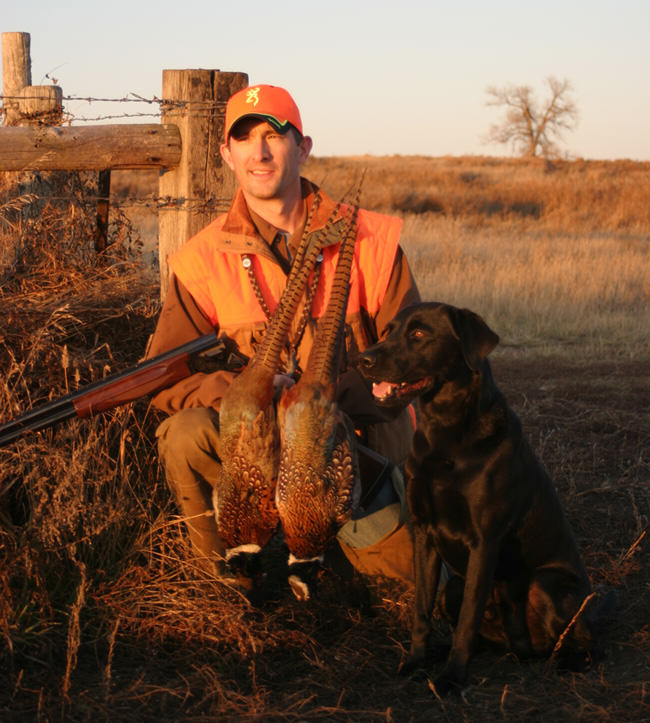
Alexandra: What percentage of your members are trappers versus hunters and fishermen?
Brian: I’d say somewhere between 10 and 20%. It’s not a huge number, but the trappers are the most active, passionate, and engaged audience there is.
Alexandra: Interesting you say that, because we think that too.
Brian: Trappers are the ones on the front lines. They are constantly under attack.
Alexandra: Are you referring to the amount of legislation that people are trying to put into place to try and ban trapping?
Brian: Yes. Animal rights organisations, legislation, the ballot box – trappers are constantly under attack. Whether it is changing the seasons, eliminating the seasons, or regulating traps, they are getting hammered left and right.
Alexandra: Do you think that trappers are getting attacked more because they are fewer in number? Or perhaps because in the US hunting is more associated with a weekend pastime?
Brian: It is both. There aren’t as many trappers, so it is more of a fringe endeavour. Also it lacks the idea of a sport – of you versus the animal. To the uninitiated, it just seems like you are going out there, putting some bait out, and whether a wolf, bobcat, bear, or your dog comes along, they get snapped up and killed cruelly. It looks barbaric, and it is a hard sell for us to protect. It is an easier sell to misrepresent. People already are ignorant about it; urban people are like, “You do what?” It is a harder thing to protect because of the ignorance, and it lacks the perception of sport and the “you versus the animal.”
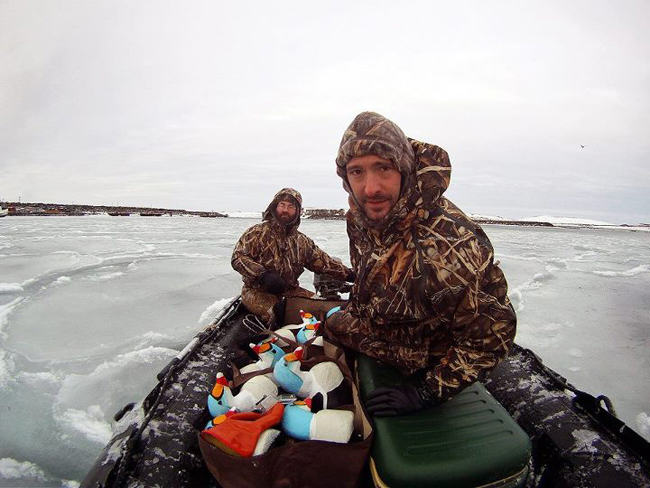
Active or Passive Management
Alexandra: It’s interesting how urban folk don’t mind trapping when there’s a coyote eating their cats, or beavers flooding their home.
Brian: That’s the whole thing. People say, “This doesn’t seem fair, that doesn’t sound right,” until it impacts them. Once the deer come in and start eating their petunias, now they’re mad. Or they’re hitting deer with their car. Now they want something done. Don’t kill the bears until the bears start eating your kids. It boils down to active management versus passive management.
We did a piece on defensive trapping a couple of months ago in our newsletter, and without trapping, state agencies will spend hundreds of millions of dollars on trapping nuisance animals and flooding. Nobody understands that until it happens. The animal rights activists try to couch it as, “We don’t need to manage populations.” They try to pass off the Disney idea that “nature will balance itself”, which never really happens. But even they are saying passive management is ok. When the mountain lion becomes overpopulated and one starts eating their cats, then it’s ok for the state to come in and kill that one lion. Well, it costs a ton of money, and it’s not fixing the problem. With active management, you are mitigating the booms and busts and managing them actively with hunting and trapping. The animal rights groups just want to let everything go wild, and passively manage it when it becomes an issue with humans, which is just not going to work because we see disease, starvation, plus human-wildlife conflicts.
Alexandra: What are some of the biggest issues that you are dealing with right now, and have the kinds of issues evolved much over the past 20 years?
Brian: They go in waves and trends. In the 1980s, animal rights groups went after bow hunting, in the ’90s they went for mountain lions and some bear-hunting tactics. Last year we saw a lot of dog-related activity: kenneling, breeding, selling legislation. A lot of it is aimed at puppy mills, but if enforced to the letter of the law, it will stop hound hunting, kenneling, or selling those dogs.
We also saw a lot of apex predator issues – black bears and wolves. And now we are seeing them setting the table to come back for more of what they attacked in the ’90s – black bears and mountain lions in the west, and the Great Lakes wolves.
They hit something hard, in multiple states, for a couple of years, then let it rest. They let the social consciousness of the non-hunters absorb it a bit, they’ve made it an issue. Then they let their fundraising base rest, then come back and hammer it again several years later. It makes for a better news story again. Then it seems like a big issue that keeps coming out so they can get more funding, and it psychologically resounds with the public. “Oh, this is an issue, we need to do something about this!”
Great Lakes Wolves, Maine Bears
Alexandra: What are some of the activities that you do to fight the activists, and which campaigns have been successful?
Brian: Right now we are the lead on the Great Lakes wolves lawsuit. It is the Humane Society of the United States vs. the Sportsmen’s Alliance, the Department of the Interior, and the State of Wisconsin. So that is one we have been fighting for several years, and that should be moving through the court system, and we are appealing the last decision that was made in December 2014.
One of our more successful campaigns was the Maine Bear Ballot issue in 2014. The HSUS decided to go after bear hunting in Maine and hired a California firm to collect signatures and force it onto the ballot. The HSUS just self-funded the whole thing. If that had been successful, it would have basically put an end to bear hunting in Maine. It would have removed the use of traps, bait, and hounds to hunt bears, and that is 93% of the harvest. We went in, organised the grass roots groups, bought air time, created the messaging, and we ended up beating them by 8 points. And there was a couple of lawsuits out of that, that we fought and were successful in. We were successful all the way around and have a good base set up to protect it again, should they come back, and they have stated they are coming back again to stop it.
The thought is that they will just go after hounds and traps, because few people use these, so most people don’t care. This is when we get into apathy within our own ranks. If HSUS removes 85% of its opposition and 85% of its opposition’s funding, those who remain make easier targets.
“Sticking Up for One Another”
Alexandra: Some graphics in your social media send a message about uniting hunters, fishermen and trappers. What is the thinking here?
Brian: We need to be sticking up for one another, despite method of take. Even if you don’t participate in trapping and you don’t use bait, we can’t stand around and say, “That’s doesn’t affect me.” Once hound hunting falls, once bait hunting falls, once trapping falls, they are coming after what you do want to do. We need to be united regardless of how we are participating in these activities.
Alexandra: What percentage of Americans do you believe support hunting, trapping and fishing, and how many are opposed?
Brian: Hunters and anti-hunters are about the same size, 5-10% of the population. And all of the polls show that 75-80% of the general public support hunting as a management tool. That’s great. But the problem is that all that support goes right out the window as soon as emotion gets into it. People’s minds are changed really quickly if they are shown an animal flopping around in a trap or a dead trophy shot. We move from the logical “That makes sense, I support hunting,” to the emotional “Oh, but I don’t support it in this instance. It seems cruel.”
The other side can just throw words around like “slaughter” and sway those non-hunting voters.
Our biggest challenge is telling our story, why we have to do it, why it makes things better, the funding of conservation, managing populations, habitat, carrying capacity of the land. That’s a long story which can be boring if you aren’t into it, and if there is legislation or a ballot initiative, and a news anchor puts a microphone in your face and you try and explain carrying capacity of the land and funding of conservation, it is long, boring, and not sound-byte stuff. Then they ask the other side why we need to stop it and they say, “It’s cruel, they are slaughtering animals with babies.” There’s your sound byte.
“Hipster Deal Big Move Forward”
Alexandra: Have the demographics of your supporters and members changed? There is a hipster trend now, with people doing things themselves, growing their own food and maybe hunting. They were traditionally more on the left of the political spectrum, whereas hunters tend to be on the conservative side. Do you see this new demographic supporting outdoor activities?
Brian: We are seeing a bit of a bump, which is great from a branding and messaging perspective. This is important for the hunting and trapping industry in general, but here at the Sportsmen’s Alliance we are very engaged, political, more hardcore. The new people coming in are a more holistic type of person, who may not be political.
For the broader industry, though, the whole hipster deal has been good. From the perspective of acceptance within the mainstream, those people are sharing with other people, within city life. It is about taking responsibility for their food, and them relaying their message in a way that their friends can understand. That’s where I see it as being the biggest move forward for the industry. How do you reach someone in LA? We aren’t going to reach some hipster in LA, but some guy at an LA party who went out, harvested his own food and killed a deer, that is going to do more good than anything we are doing as an industry to disseminate the proper message.
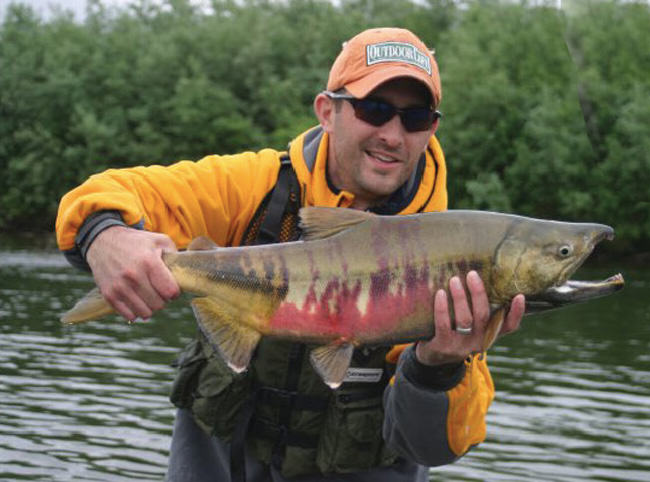
Alexandra: Do you cooperate with a Canadian counterpart?
Brian: There is some run-over, but nothing official. In Maine, we are involved in two lawsuits on trapping Canadian lynx. In Maine, Canadian lynx are on the Endangered Species List, but north of the border they are not.
There are incidental take permits, and a certain number of Canadian lynx can be caught in traps without the trapper or the state being in violation of the Endangered Species Act. The HSUS is trying to stop that; they are trying to get the incidental take permits revoked. If they succeed, that would mean that anywhere there is an endangered species of any kind, trapping can be stopped. If you take it a step further, anywhere there is an endangered fish in a river, you could apply the same logic. You can’t fully control what steps into a trap, therefore you can’t trap anywhere there is an endangered species, just like you can’t always control what is going to bite your hook, therefore no one can fish anywhere there is an endangered fish. So that’s a lawsuit we are involved in in Maine.
“Educate Those Not Within Your Group”
Alexandra: Is there any advice you have for trappers about protecting their rights, proactively?
Brian: They need to educate non-trappers about what they do: about how trapping is regulated, how hard it is, what you do to prevent non-target by-catch. People need to understand that, and it is not the people that are already in your social groups, it needs to be the non-trapper or the hunter that doesn’t understand it, so you can help eliminate that issue of hunters not caring. For example, there are a lot of bird dog hunters that hate trapping because traps will be out during grouse season and they are worried their dogs might get snagged up in them. We need to try and educate those people. It is all about educating those not within your group.
As for state and provincial organisations, they need to start collecting funds and putting these aside. This is something we are saying in Maine, start a war chest, because the attack is coming, it is just a matter of time. The HSUS is so rich they can self-fund any campaign they want to. They are a $130-150 million a year organisation, so they can just decide “this is where we are going to go, and we will spend $3 million.” If HSUS comes and you sit there fundraising for the first six months, that’s a six-month head start they have in swaying public opinion. If you can hit the ground running, and you already have a war chest, you are better off. That’s hard for groups to do, though, because unless there is a bogeyman right there, those funds start to look very attractive to dip into and use for other things.
Alexandra: Thank you for taking the time to speak to us!
For further reading, check out this great Sportsmen’s Alliance content:
The Anti-Hunter’s Playbook
A Defense of Trapping (full issue)
A Defense of Trapping (article)
Why All Sportsmen Need to Defend Trapping
Introducing Youth to Trapping
And connect with them on their website, Facebook page, Twitter, and Youtube.







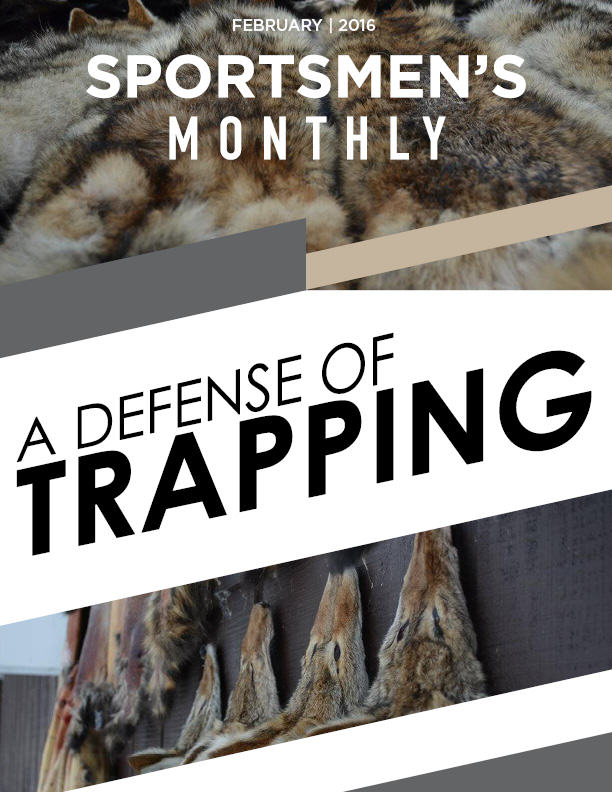

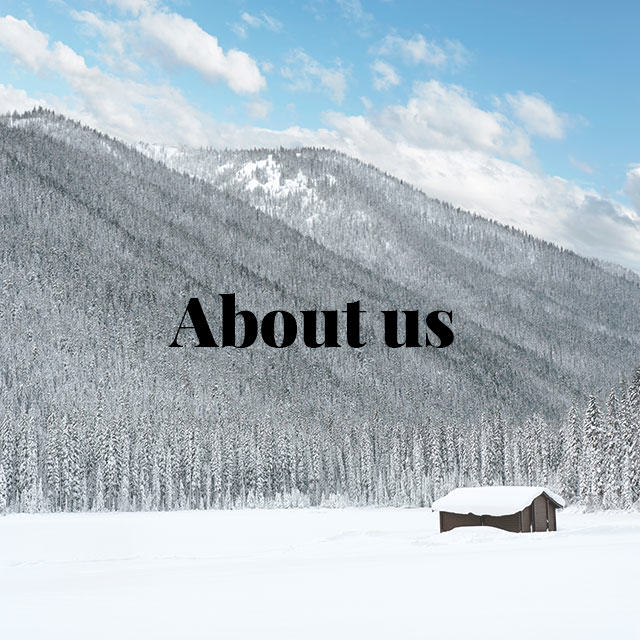


The HSUS is a huge scam-only 1% of the donation money they beg for goes towards shelter animals. Most is in a Caribbean hedge fund. http://www.humanewatch.org
The only bigger scam is PETA. http://www.petakillsanimals.com.
Another reason is because of the BS propaganda by animal rights nuts: 1972: The Canadian Association for Humane Trapping produces a film entitled They Take So Long to Die. Scenes of animals suffering horribly in inappropriate traps are subsequently aired on CBS television. It is later learned that the animals had actually been caught in the wild and released into a compound to be trapped and filmed at leisure. The film is withdrawn from circulation, but the footage appears in another film, Canada’s Shame, produced by the Association for the Protection of Fur-bearing Animals. https://furcommission.com/saving-society-from-animal-snuff-films/